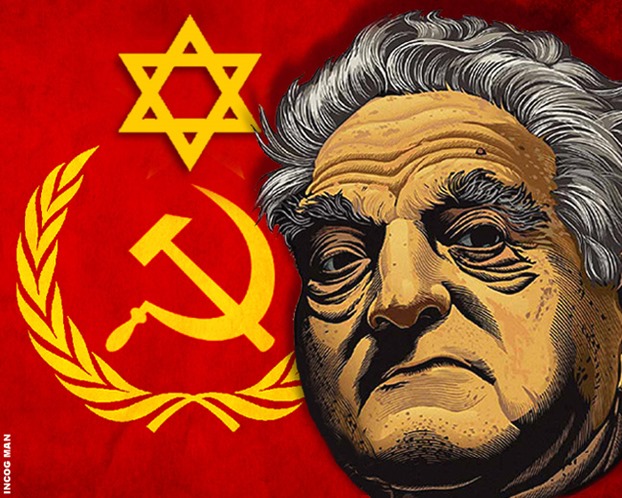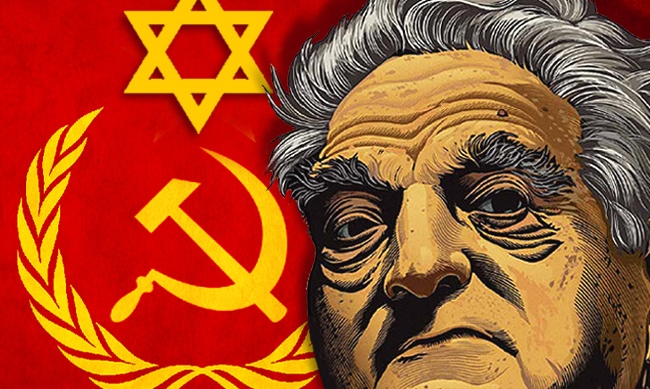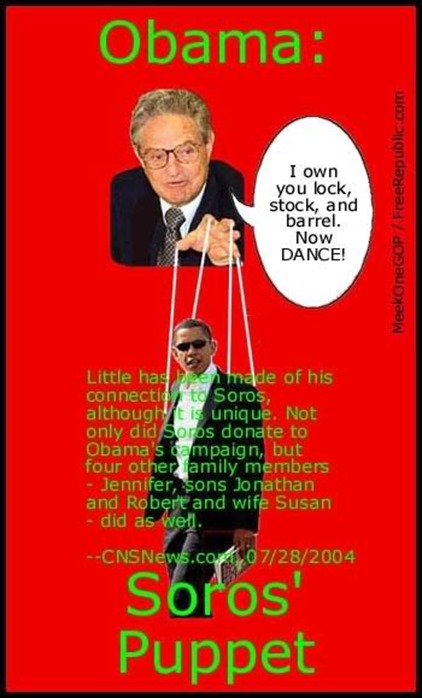Watchdog
May 4, 2014

This weekend, a shadowy leftist group named Democracy Alliance will meet in Chicago to figure out a way to thwart conservative rivals.
As the adage goes, imitation is the most sincere form of flattery.
While top liberal organizations blast the right for accepting dark money, the Alliance’s entire business model is based on maintaining secrecy akin to the Illuminati.
“Like a lot of elite groups, we fly beneath the radar,” Oakland lawyer and Alliance donor Guy Saperstein told the Washington Post in 2006, a year after the group was formed. “We are not so stupid though (to) deny our existence.”
The group requires some hefty financial backing. It costs $25,000 just to join, yearly dues of $30,000 and an additional $200,000 donation to Alliance causes. Donation recipients must sign confidentiality agreements, the Post reported.
The Alliance was founded by a group of billionaires, including George Soros and philanthropist Peter B. Lewis, as a result of George W. Bush’s re-election. Its goal was to fund think tanks and media organizations to move societal change toward a more socialist agenda. But the focus changed to funding political endeavors after Vice President Joe Biden asked for help in 2011 for the upcoming election.
Obama’s campaign and his umbrella activist group Organizing for Action have received millions from Democracy Alliance members.
This caused Lewis to quit because the group had become too partisan and wasn’t concentrating on infrastructure, according to media reports.
Lewis, who died last year, hasn’t been the only high-profile defector.
One Alliance member who owns a cell phone company turned on Obama last year over a scandal involving telephone surveillance of ordinary American citizens.
CREDO Mobile’s Michael Kieschnick told CNN Money he was “deeply disturbed” at Obama’s “growing record of executive power grabs at the expense of constitutionally guaranteed civil liberties.”
Neither Kieschnick nor Democracy Alliance responded to requests for comment.
The left’s biggest mouthpiece for bashing the right over dark money and civil liberties issues has been the Center for Media and Democracy, also funded by Soros. CMD has been at the forefront of cheering on a secret investigation into dozens of conservative organizations, led by a Democrat district attorney. The prosecutors’ theory, questioned by the investigation’s own presiding judge, is that the groups illegally coordinated with Wisconsin Gov. Scott Walker’s campaign during the state’s Democrat-driven recall elections.
The investigation issued more than 100 subpoenas last year to conservative individuals and organizations as part of the probe, which, sources have told Watchdog.org, included “paramilitary-style” pre-dawn raids at the homes and offices of conservative targets. CMD, however, was on a public crusade to unseat Walker.
One target was the consumer-advocacy group Club for Growth, which CMD claimed “was at the center of a tangled web of undisclosed dark money in 2011, raking in millions from out-of-state secret donors and shuffling it to other nonprofits that in turn spent millions on the 2011 and 2012 elections.”
When asked about CMD’s own finances, its director, Lisa Graves said, “The question of conservative funders versus liberal funders, I think, is a matter of false equivalency.”
After Lewis left, the Alliance apparently dropped groups that didn’t agree with its new stance. Favored organizations that have remained include two Soros-funded groups: think tank Center for American Progress and Media Matters, a self-appointed media police for “monitoring, analyzing and correcting conservative misinformation.”
Each year, the Alliance holds an annual meeting where high-profile politicians and their donors meet to raise money and plan a progressive agenda. In keeping with its secrecy, the Alliance’s website has no mention of its annual conference starting Sunday at the Ritz-Carlton in Chicago.
But both Politico and the Chicago Tribune saw agendas listing powerful Clinton and Obama allies along with Illinois Gov. Pat Quinn, New York City Mayor Bill de Blasio and Rep. Debbie Wasserman Schultz of Florida.
Besides focusing on mid-term and 2016 elections, panel discussions will include issues such as climate change, income inequality, abortion and the death penalty.


